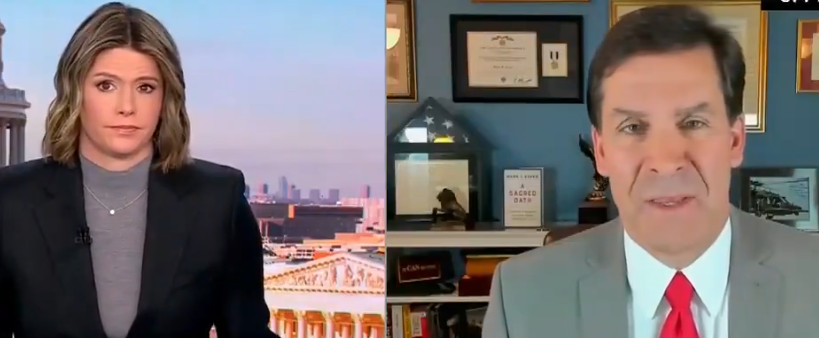The Hill Op-Ed: Surge in threats against US leaders demands urgent action
Surge in threats against US leaders demands urgent action
Threats against our nation’s leaders have escalated significantly the last several years. The most notorious include the 2017 shooting of Rep. Steve Scalise (R-La.) and other Republican House members at a baseball field in Virginia; a plot three years later to kidnap Michigan Gov. Gretchen Whitmer; the arrest of an armed man in Maryland who threatened to kill Supreme Court Justice Brett Kavanaugh in 2022; the home invasion and attack in California against Paul Pelosi, Nancy Pelosi’shusband; and most recently, the assassination attempt against former president Donald Trump in Pennsylvania.
These are simply the tip of an iceberg that is unbound by means, motive or location. Politically motivated threats and concerning statements against members of Congress have increased dramatically since 2017 and are now nearly twice what they were then. Lawmakers aren’t the only population targeted; threats are also levied toward members of the executive and judicial branches, and against state and local officials.
At the same time, foreign threats against American leaders have taken a dangerous turn, as highlighted by FBI Director Chris Wray in repeated congressional testimony. Many senior civilian and military officials from the Trump administration remain targeted by Iran in retribution for the U.S. killing of Qasem Soleimani in 2020. The regime claims the general’s death was an illegal act, ignoring that he was an active-duty Islamic Revolutionary Guard Corps officer in a military theater planning fresh attacks against Americans and had the blood of hundreds of U.S. service members on his hands from the Iraq War.
The ayatollah has gone so far as to approve a scheme to kill former National Security Advisor John Bolton in our nation’s capital. Planning has also been conducted against former leaders such as Secretary of State Mike Pompeo. These officials and others, including myself, retain robust security details to keep us safe around the clock. Others deserve such protection but have not been provided it. This must be fixed. Most alarming was the recent news that Tehran was plotting to assassinate Trump.
We are clearly now in a “new normal” when it comes to threats and violence against our nation’s political actors. As such, we must respond accordingly and urgently.
First, our political leaders must lower the national temperature through the style, substance and tone of their rhetoric. Personal attacks on opponents, the use of charged words like “bullseye” and “target,” and spooking followers that calamities will befall the country if the other side isn’t “stopped” throw jet fuel on a burning fire.
Second, the American people need to get off social media and into their communities. They need to do a better job getting to know those in their schools, workplaces and neighborhoods who have different views, experiences and beliefs.
Third, people who make threats should be vigorously prosecuted. And if “the vast majority of hostile messages to public servants aren’t actionable” because of current legal standards as one media outlet reported, then laws should be tweaked to expand the threshold for action.
Fourth, any current or former official, from any branch of government, against whom there are serious and credible domestic or foreign threats, should receive protection from the government commensurate to the threat.
Finally, playing defense against terrorists is necessary but not sufficient. For threats that are home grown, we should investigate and prosecute far more cases. And for those emanating abroad, we should play more offense. In the case of Iran, sanctions and legal charges should be levied against all personnel involved in these assassination plots. Cyberattacks can cripple their databases and workstations. And covert kinetic action should be considered to destroy the facilities where they work. These are just some of the punitive, preventive and deterrent actions that should be pursued by the U.S. with its allies.
Failure to adopt new initiatives in this era of heightened turmoil, tension and political violence only has negative consequences.
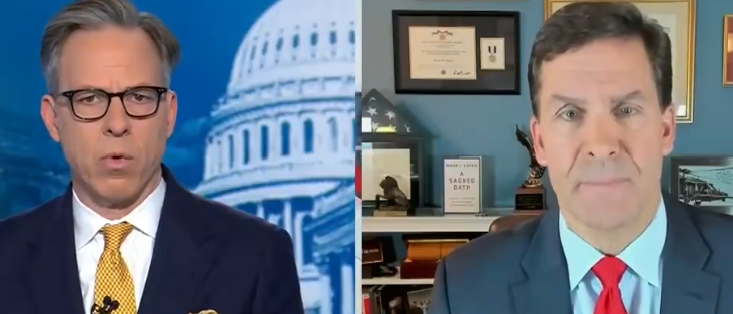
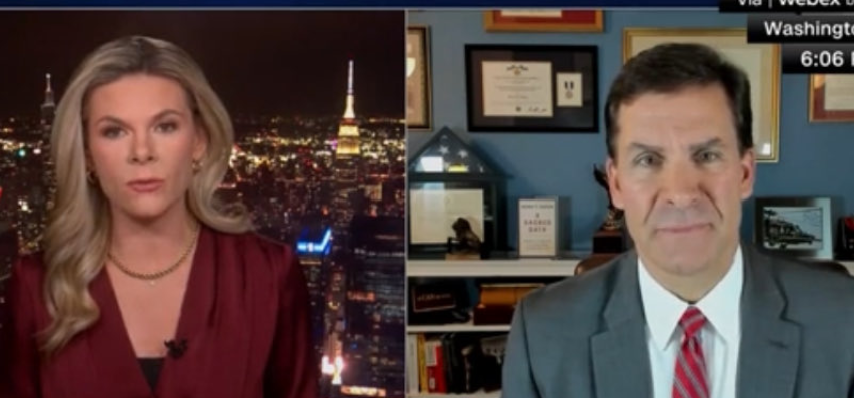
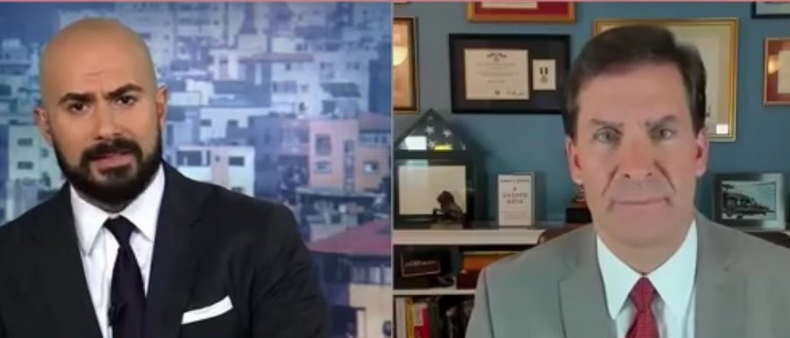
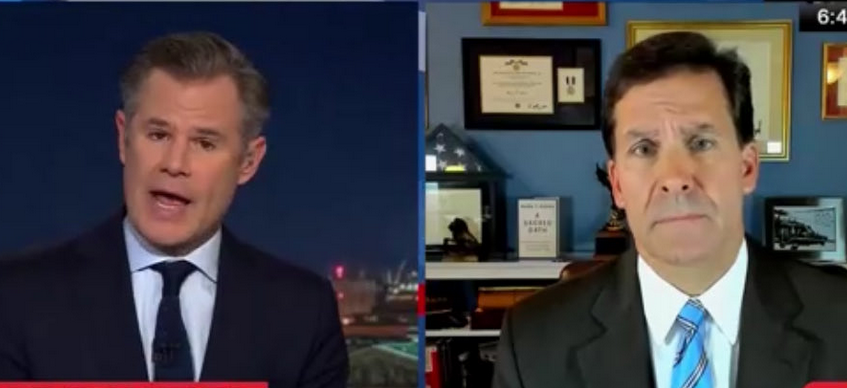
Contact Us
We will get back to you as soon as possible.
Please try again later.


